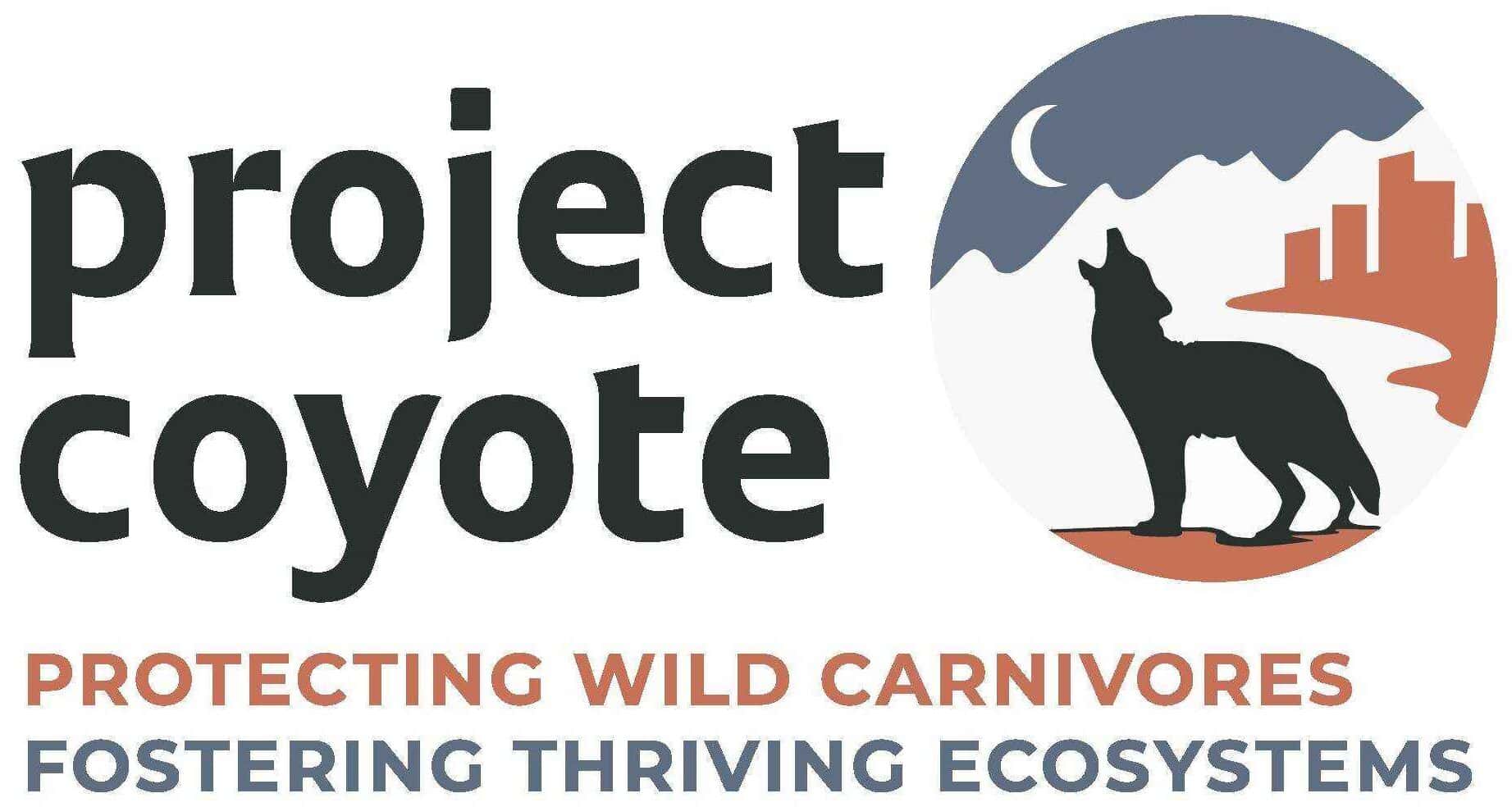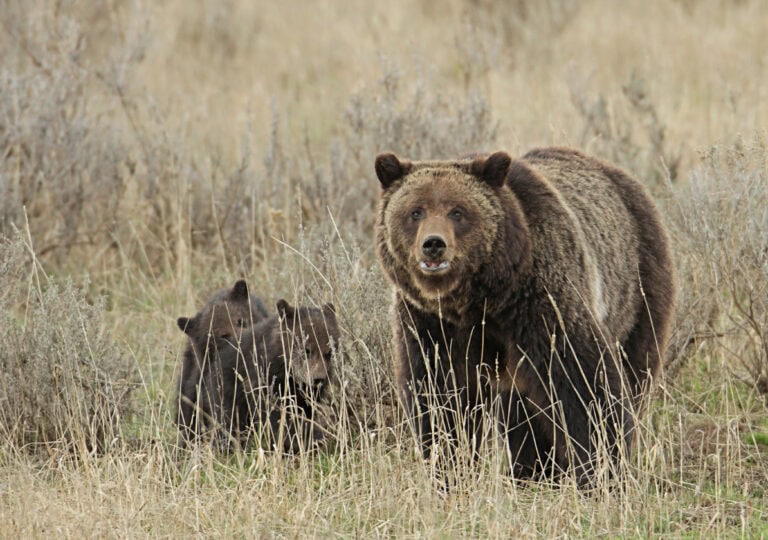AB 1788, the California Ecosystems Protection Act, has been amended and has now become a moratorium bill on the use of second-generation anticoagulant rodenticides.
The new bill language places a statewide moratorium on these dangerous poisons until the Department of Pesticide Regulation finishes its evaluation of their use and the Department of Fish and Wildlife determines that they will not result in significant adverse effects to non-target wildlife.
It is critical that the legislature act quickly. These poisons are widespread and are devastating local animal populations. One meta-analysis of 11 studies found that more than 85% of California mountain lions, bobcats and Pacific fishers have been exposed to anticoagulant rodenticides.
AB 1788 will be heard in the California Senate Appropriations Committee very soon, and advocates are working hard to push it through before the legislative session ends on August 31.
Please take action! We are asking you to do one of two things:
- If your state senator serves the Senate Appropriations Committee, please call their office, let them know you are a constituent, and tell them you support AB 1788:
Senator Anthony Portantino (916) 651-4025
Senator Pat Bates (916) 651-4036
Senator Steven Bradford (916) 651-4035
Senator Jerry HIll (916) 651-4013
Senator Brian Jones (916) 651-4038
Senator Connie M Leyva (916) 651-4020
Senator Bob Wieckowski (916) 651-4010
(If you are uncertain of your district or senator, you can input your address to find out here.)
- If you live elsewhere in California and would like your voice to be heard, please send an email message through the State’s “Position Letter” portal.
You may simply write, “As your constituent, I ask you to please vote YES on AB 1788, the California Ecosystems Protection Act. This legislation will prevent ecological destruction and protect wild animals from suffering cruel and unnecessary deaths.” Please consider personalizing your message – additional talking points below.
Talking Points:
- Rodenticides have widespread and detrimental impacts on the very species that help regulate rodent populations, including bobcats, coyotes, foxes, hawks, eagles, and owls. Rodenticides are counterproductive to long-term pest management solutions for rodent control because they destroy the health of California’s ecosystems by indiscriminately poisoning, harming and killing native wildlife that eat poisoned rodents.
- Data demonstrate that more than 80 percent of native carnivore species—including bobcats, coyotes, foxes and cougars, spotted owls, Pacific fishers, and other endangered animals—have been exposed to these poisons. In March, a mountain lion who died in the wilderness west of Los Angeles had six compounds of a rat poison in his system. Rodenticides can cause a slow, agonizing death for the animals who ingest them and can weaken their immune systems, making them vulnerable to mange and other diseases.
- In addition to harming wildlife, anticoagulant rodenticides pose a dangerous risk to children who may accidentally ingest these highly toxic poisons. Between 1999 and 2009, the American Association of Poison Control Centers received reports of an average of 17,000 human exposures to rodenticides each year, and roughly 15,000 of those exposures occurred in children less than six years of age.
- Rodenticides are one of the top ten pet toxins.
- At least 29 jurisdictions in California have passed resolutions discouraging stores from selling rodenticides.
- There are more humane, safer alternatives to deadly rat poison, including sealing buildings and eliminating food attractants, repellents and sterilization techniques.
Thank you for speaking up for California’s wildlife!
For Compassionate Coexistence,

Camilla H. Fox
Founder & Executive Director






